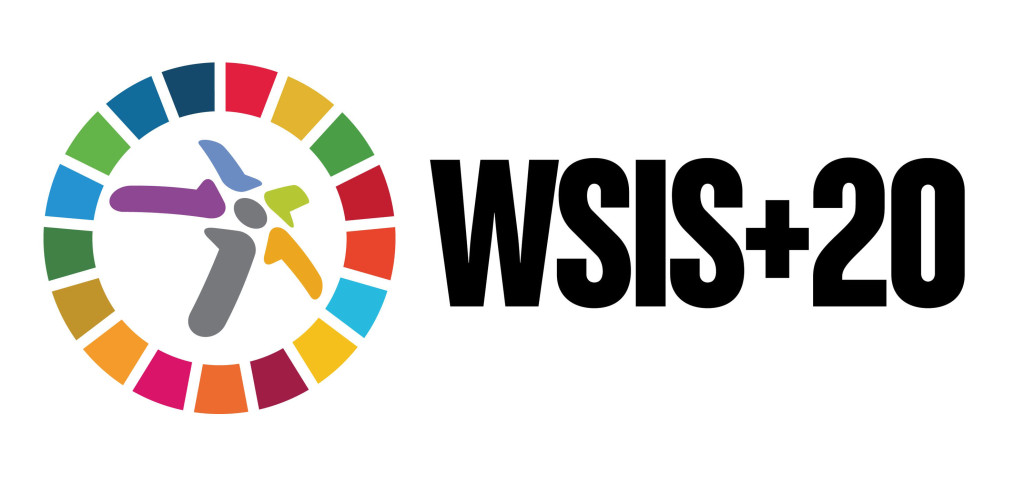CCAOI submits feedback on WSIS+20 Zero Draft
In its submission dated 27 September 2025, CCAOI welcomed the draft’s comprehensive nature and its reaffirmation of previous international commitments such as the Geneva Declaration, Tunis Agenda, Global Digital Compact, and the 2030 Agenda for Sustainable Development. The group commended the focus on multistakeholder participation, digital inclusion, and human rights.

The Cyber Café Association of India (CCAOI), a civil society organisation working on internet and digital policy issues, has submitted detailed feedback on the Zero Draft of the WSIS+20 Review Outcome Document. The WSIS+20 process is a United Nations review marking twenty years since the World Summit on the Information Society (WSIS), which set out global goals for building an inclusive, people-centred information society. The draft text, prepared by the UN Department of Economic and Social Affairs (UNDESA), outlines what governments and other stakeholders hope to achieve in the next phase of digital cooperation.
Background and overall position
In its submission dated 27 September 2025, CCAOI welcomed the draft’s comprehensive nature and its reaffirmation of previous international commitments such as the Geneva Declaration, Tunis Agenda, Global Digital Compact, and the 2030 Agenda for Sustainable Development. The group commended the focus on multistakeholder participation, digital inclusion, and human rights. It noted that these elements show continuity and a shared commitment to ensure technology benefits everyone.
However, CCAOI said that the draft could go further. While the text acknowledges global inequalities and the need for cooperation, the organisation argued that several areas lack clarity, accountability, and practical mechanisms for implementation.
Key recommendations
One of CCAOI’s main points concerns accountability. The draft calls on all stakeholders, including private companies, to respect human rights in digital spaces. CCAOI agrees with this principle but points out that the draft does not explain how these commitments will be enforced. It recommends the creation of independent oversight bodies to monitor compliance, investigate abuses, and apply penalties when necessary. According to the group, this would make human-rights obligations in technology development more than just voluntary promises.
Another issue raised is global inequality. The submission stresses that developing countries still face financial, technical, and institutional barriers that limit their participation in international digital-policy discussions. While the draft acknowledges these gaps, CCAOI argues it does not propose specific measures to fix them. The organisation calls for technology transfer, capacity development, and fairer representation in decision-making forums to give the Global South a stronger voice.
CCAOI also believes that data governance – the rules and systems that manage how data is collected, shared, and protected – is not addressed in enough depth. It says the draft should include clearer guidance on issues such as cross-border data flows, privacy safeguards, and preventing misuse by governments or corporations.
On artificial intelligence, CCAOI supports the proposal to establish a UN scientific panel on AI but warns that the draft lacks concrete principles for responsible AI governance. The organisation recommends stronger links between AI policy, human rights, labour standards, and trade rules to prevent potential harms and ensure equitable development.
The group further calls for greater clarity on how the Internet Governance Forum (IGF) – which the draft proposes to make a permanent UN forum – will interact with other UN digital-cooperation structures. It also highlights that the IGF needs stable funding to function effectively, suggesting that contributions from member states and other stakeholders could ensure its long-term sustainability.
Finally, CCAOI expresses concern that the draft does not address internet shutdowns and censorship directly, despite their growing use by some governments. It also notes that proposed review processes lack measurable targets and consequences for non-compliance. Stronger monitoring, with independent evaluations and public scorecards, would make the WSIS commitments more credible.
Broader significance
The submission reflects civil society’s ongoing effort to make the WSIS+20 process more transparent, inclusive, and responsive to real-world challenges. CCAOI’s feedback aligns with broader global calls to strengthen accountability, close the digital divide, and ensure that digital transformation is both equitable and rights-based.


